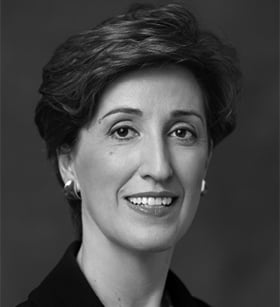A spot in the corporate department of a large law firm “was the epitome of success for the eternal striver in me,” said Mackenzie Corbett, the central character in BIGLAW, a new novel by Lindsay Cameron, herself a former NYC associate. Closer to home, a law student told me much the same thing recently: he wanted a job at a national or global firm because it was the “best.” He may go on to a gentler role after a few years, he said, but the pursuit was on.
But surely a career in law is more than a prize to be won. It needs to offer to society, to business, the values of justice and service.
In the past, have we had a legal education system designed for that hierarchical competition? It is at least fair to say, law school curricula was largely case-driven and academic. The “winners” would receive the practical post-graduate education they needed from their large firm employers. And everyone else learned from mentors and third-party providers of CLE. If so, this model is no longer even close to sustainable.
As I outline in an article on legal education in Lexpert’s September law student recruitment issue, legal roles for the future will be diverse, thanks to shifting client needs and technological change. To prepare for that future, education must be, and is, evolving. Law schools and other educators are moving toward experiential learning, cross-disciplinary studies, and team work. Students may then learn to develop an interest in providing services, adding real value, not just winning the contest.





